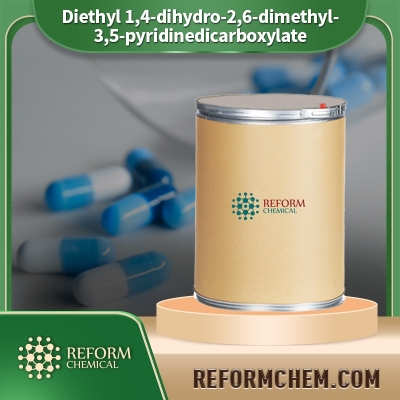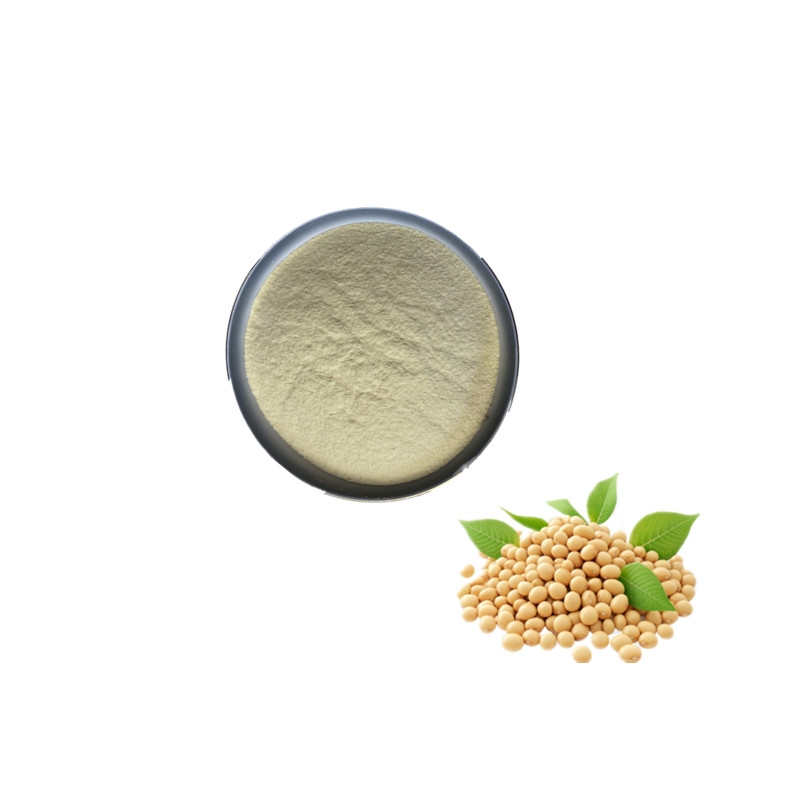-
Categories
-
Pharmaceutical Intermediates
-
Active Pharmaceutical Ingredients
-
Food Additives
- Industrial Coatings
- Agrochemicals
- Dyes and Pigments
- Surfactant
- Flavors and Fragrances
- Chemical Reagents
- Catalyst and Auxiliary
- Natural Products
- Inorganic Chemistry
-
Organic Chemistry
-
Biochemical Engineering
- Analytical Chemistry
-
Cosmetic Ingredient
- Water Treatment Chemical
-
Pharmaceutical Intermediates
Promotion
ECHEMI Mall
Wholesale
Weekly Price
Exhibition
News
-
Trade Service
Bacillus subtilis is a gram-positive, rod-shaped bacterium that is commonly found in soil and the gastrointestinal tracts of animals.
It has been used for centuries as a source of enzymes, antibiotics, and other bioproducts.
In recent years, the chemical industry has become increasingly interested in using Bacillus subtilis as a microbial factory for the synthesis of a variety of chemical products.
One of the most promising synthetic routes for Bacillus subtilis is the production of polyhydroxyalkanoates (PHAs), which are biopolymers that can be used as biodegradable plastics.
PHAs are synthesized by Bacillus subtilis via the fatty acid biosynthesis pathway.
By overexpressing the genes involved in PHA synthesis, B.
subtilis can produce large amounts of PHA, which can be extracted and purified for use in a variety of applications, including packaging and textiles.
Another promising synthetic route for B.
subtilis is the production of enzymes.
B.
subtilis is known to produce a variety of enzymes, including proteases, amylases, and lipases, which are used in a wide range of industrial applications, including food processing, laundry detergent production, and biofuels production.
By expressing these enzymes in B.
subtilis, it is possible to produce them at much higher yields than would be possible through traditional fermentation methods.
B.
subtilis can also be used for the production of antibiotics, such as penicillin and polymyxin B, which are used to treat bacterial infections.
Through the use of synthetic biology techniques, it is possible to engineer B.
subtilis to produce these antibiotics at much higher yields than would be possible through natural fermentation.
In addition to these synthetic routes, B.
subtilis can also be used for the production of a variety of other chemicals, including citric acid, succinic acid, and lactic acid.
By overexpressing the genes involved in these metabolic pathways, it is possible to produce these chemicals at much higher yields than would be possible through natural fermentation.
Overall, Bacillus subtilis has great potential as a microbial factory for the synthesis of a wide variety of chemical products.
As the chemical industry continues to seek more sustainable and environmentally friendly production methods, the use of microorganisms like B.
subtilis is likely to become increasingly common.







